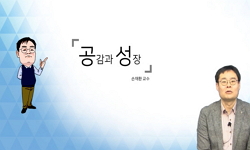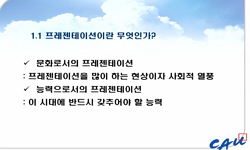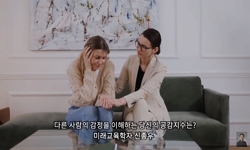This study explores how individuals marginalized amid crises such as domestic violence, sexual violence, suicide, and self-harm in contemporary Korean society can discover the possibility of healing. Based on Heinz Kohut’s self psychology theory (19...
http://chineseinput.net/에서 pinyin(병음)방식으로 중국어를 변환할 수 있습니다.
변환된 중국어를 복사하여 사용하시면 됩니다.
- 中文 을 입력하시려면 zhongwen을 입력하시고 space를누르시면됩니다.
- 北京 을 입력하시려면 beijing을 입력하시고 space를 누르시면 됩니다.

공지영의 소설 『우리들의 행복한 시간』에 나타난 자기대상과 자기회복 과정에 대한 연구 = A Study on Selfobjects and the Process of Self-Restoration in Gong Ji-oung’s Novel Our Happy Time
한글로보기https://www.riss.kr/link?id=A109763530
- 저자
- 발행기관
- 학술지명
- 권호사항
-
발행연도
2025
-
작성언어
-
-
주제어
하인즈 코헛 ; Heinz Kohut ; 자기대상 ; 공감 ; ‘우리들의 행복한 시간’ ; 변형적 내면화 ; 비공감적 환경 ; 소설 분석 ; selfobject ; empathy ; Our Happy Time ; transmuting internalization ; unempathetic environment ; literary analysis
-
KDC
100
-
등재정보
KCI등재후보
-
자료형태
학술저널
-
수록면
141-177(37쪽)
- 제공처
-
0
상세조회 -
0
다운로드
부가정보
다국어 초록 (Multilingual Abstract)
This study explores how individuals marginalized amid crises such as domestic violence, sexual violence, suicide, and self-harm in contemporary Korean society can discover the possibility of healing. Based on Heinz Kohut’s self psychology theory (1971, 1977, 1984), the study analyzes Gong Ji-young’s novel Our Happy Time. It assumes that literature can serve as a valuable medium for revealing the complexity of human psychology, and that the interaction between literature and psychology enables psychological insights beyond mere theoretical discussion. Kohut analyzed the impact of selfobject deficits on human identity and psychological disintegration through examples such as Kafka’s The Metamorphosis. In literature, the conflicts experienced by characters serve as tools to reflect unconscious desires and social alienation in real human life, and Kohut sought to explore the psychological depths of human existence through such literary analysis. Based on this perspective, the present study analyzes how the characters Yoonsu and Yujeong gradually restore their cohesive self through relationships with selfobjects. It also examines the process of transmuting internalization that transcends even death, made possible through the empathic selfobject experience with Sister Monica, who listens to the protagonists wholeheartedly. Furthermore, this study sympathizes with the efforts of clients who, despite living in unempathetic environments, strive for continuous growth, and expresses the researcher’s aspiration to accompany them with unconditional understanding as a counselor. It also proposes that counselors can act as selfobjects for each other, fostering mutual growth. Finally, this study briefly reviews previous literary analyses based on Kohut’s theory and discusses how an integrative approach between self psychology and literature may offer therapeutic possibilities.
동일학술지(권/호) 다른 논문
-
클라인의 ‘두 위치 이론’으로 되짚어 본 밴드 혁오의 <멋진 헛간>
- 한국정신분석심리상담학회
- 진소영 ( Jin So Young )
- 2025
- KCI등재후보
-
- 한국정신분석심리상담학회
- 권현지 ( Kwon Hyun Ji )
- 2025
- KCI등재후보
-
길가메쉬의 우울증과 극복에 대한 정신분석적, 자기심리학적 고찰: 길가메쉬의 서사시 ‘1, 8, 9, 10, 11 번째 토판’에 나타난 길가메쉬의 상실과 우울, 극복을 중심으로
- 한국정신분석심리상담학회
- 장동섭 ( Jang Dong Sub )
- 2025
- KCI등재후보
-
- 한국정신분석심리상담학회
- 박상준 ( Park Sang Joon )
- 2025
- KCI등재후보




 KISS
KISS






